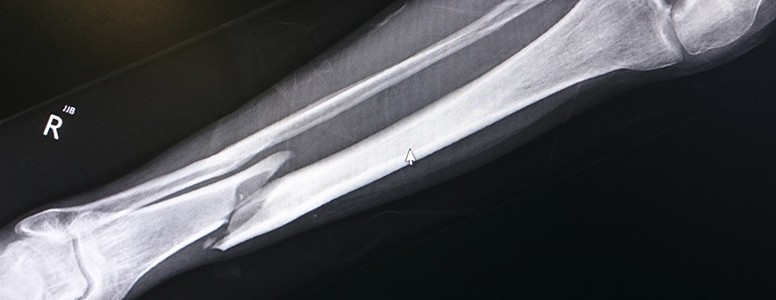Restricting eating over a nine-hour period could help men at risk of type 2 diabetes experience improved blood glucose levels, research suggests.
A small Australian study involving 15 males has shown the benefits of time-restricting eating (TRE) over a one-week period.
TRE, also referred to as intermittent fasting, has been shown to have benefits for people with type 2 diabetes, reducing HbA1c and lowering dependence on insulin.
“The men, who are at high risk of developing type 2 diabetes, limited their food intake to a nine-hour period per day,” explained Associate Professor Leonie Heilbronn from the University of Adelaide’s Medical School and Medical Research Institute (SAHMRI).
“Participants undertook time-restricted eating either from 8.00am to 5.00pm or later in the day, from midday to 9.00pm. They ate their normal diet during this time. In fact, we told them to keep eating all the foods they usually eat.”
The research team monitored blood glucose levels throughout the day from all the study participants using continuous glucose monitors. They found that TRE improved glucose control, regardless of when the men chose to stop eating, as long as they kept to within the nine-hour period.
It is interesting that despite eating the same foods that they would usually eat, the participants were able to improve their glucose levels through the change in the time window of their eating.
Associate Professor Heilbronn said: “We did see a tiny amount of weight loss in this study, which may have contributed to the results.”
A follow-up study has been monitoring a TRE diet over eight weeks, with the researchers now upbeat that larger studies over longer durations will yield similar positive results.
The findings have been published in the journal Obesity.
Editor’s note: While the researchers allowed the participants to eat whichever foods they wanted, the pervading low carb argument is showing how cutting down on high-sugar, high-carbohydrate foods allows for significant health benefits. In many cases people with type 2 diabetes have been able to put the condition into remission. For more information, visit our multi-award-winning Low Carb Program.




